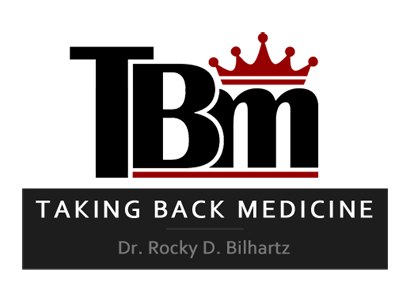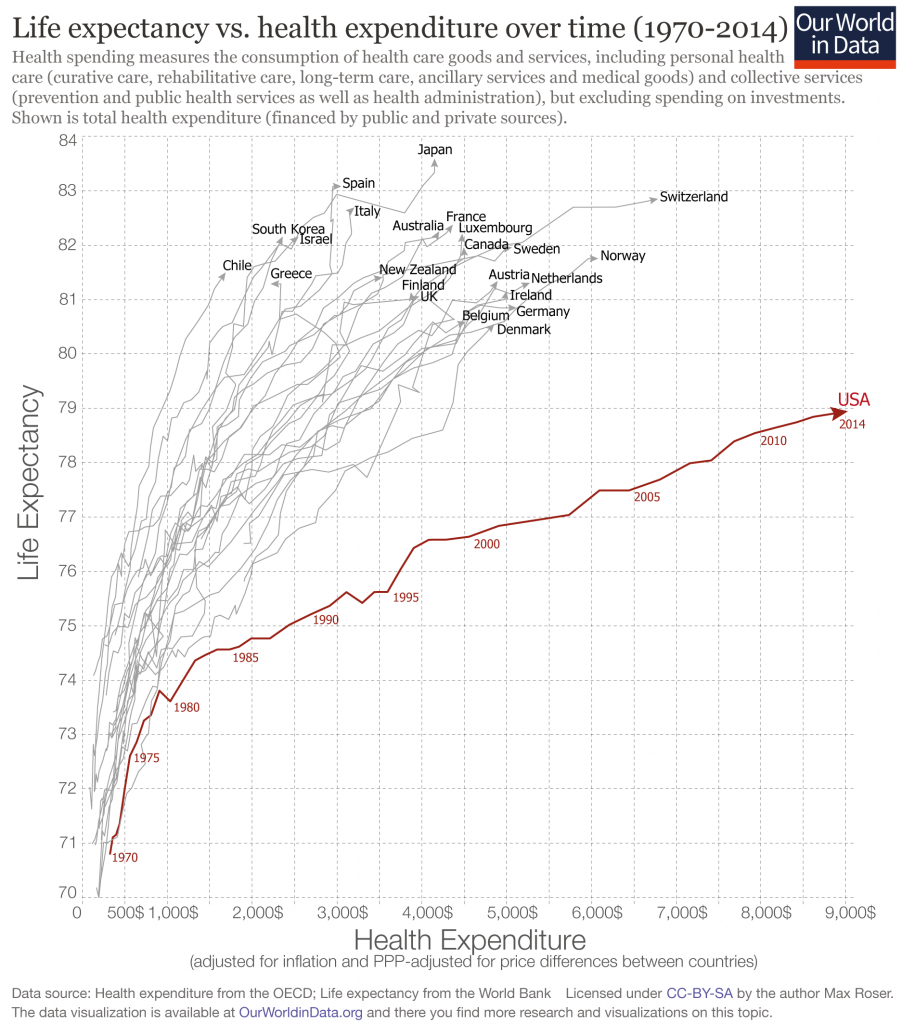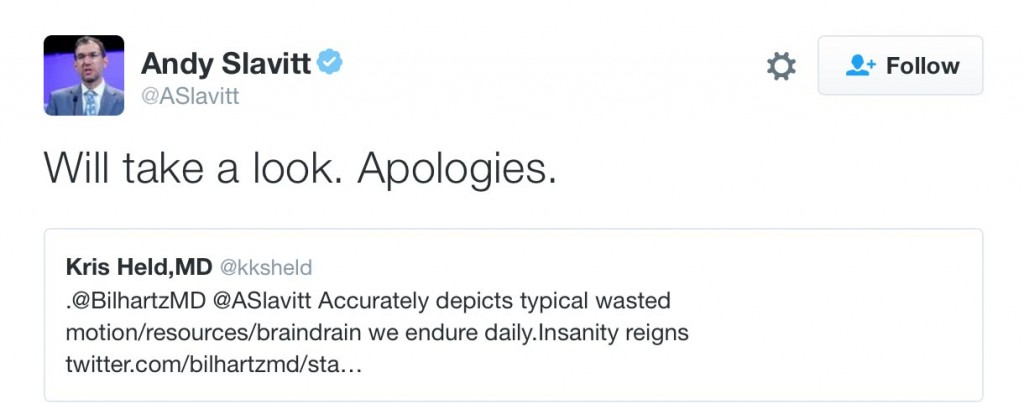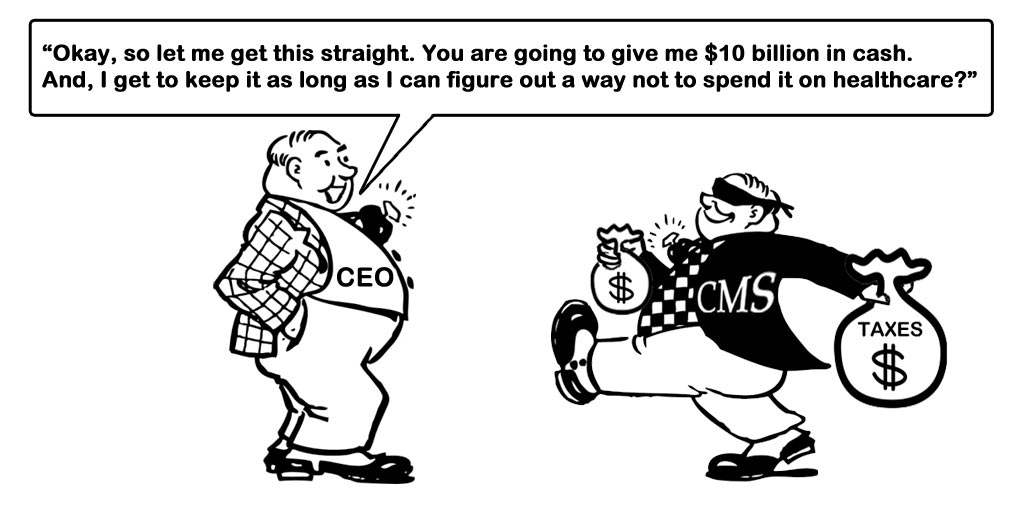Visions define us.
Viewpoints alter our assessment of the facts.
Mine. Yours. All of ours.
The more we realize it, the more productive our discussions will ultimately be.
Sometimes, visions affect us so much so that we have no real interest in empirically reviewing what we already want to believe. Evaluating and re-evaluating the reality created by our beliefs intrigues us very little. We prefer to see the evidence that supports our vision. And, we ignore the rest.
A clash of visions plays out all around us—economically, politically, and socially. Here’s one example in the debate over healthcare reform policies.
l’ll begin with this graph from Our World in Data:
The X-axis is health expenditure. The Y-axis is life expectancy. The United States appears by itself at the bottom-right of it. And, here we go…















Recent Comments